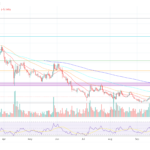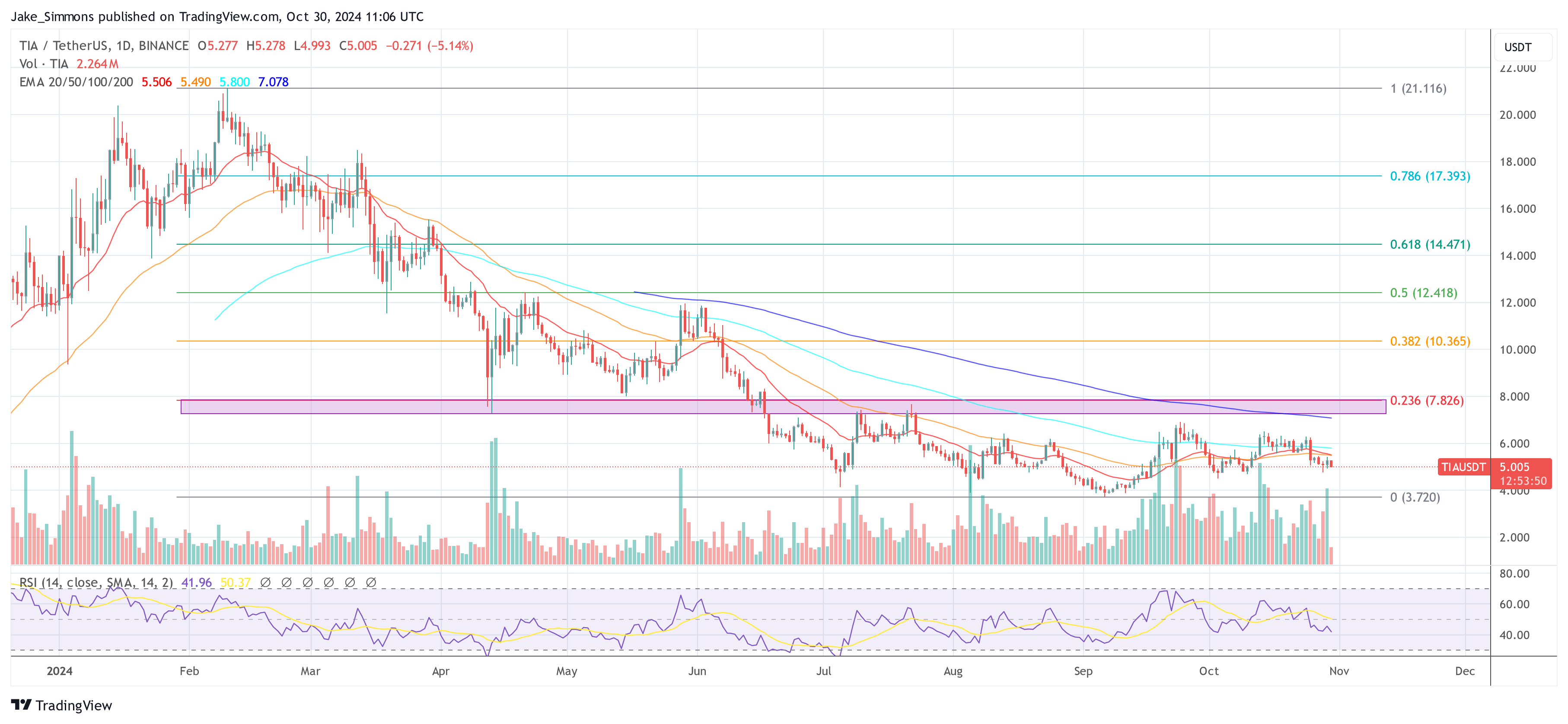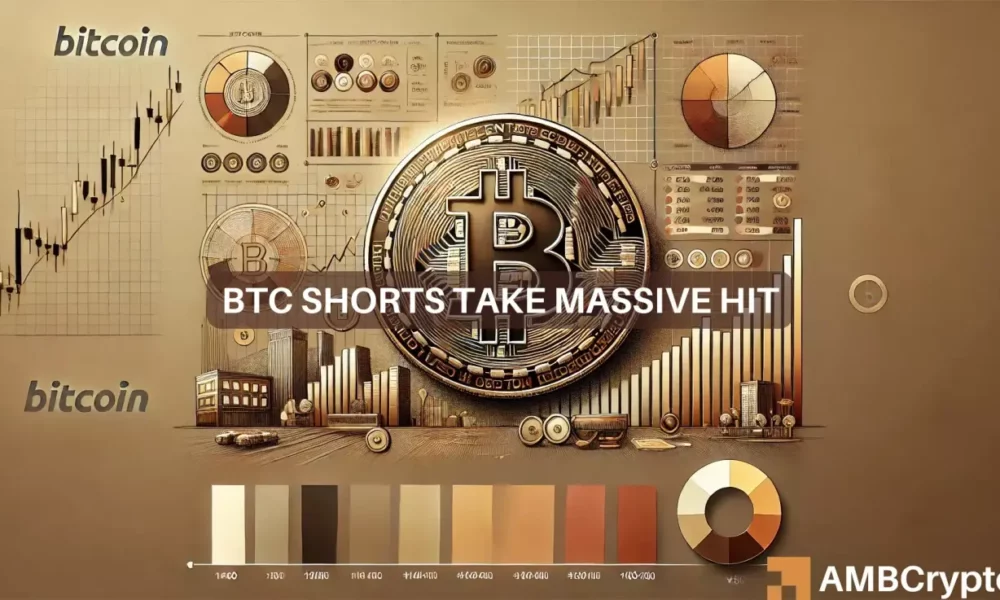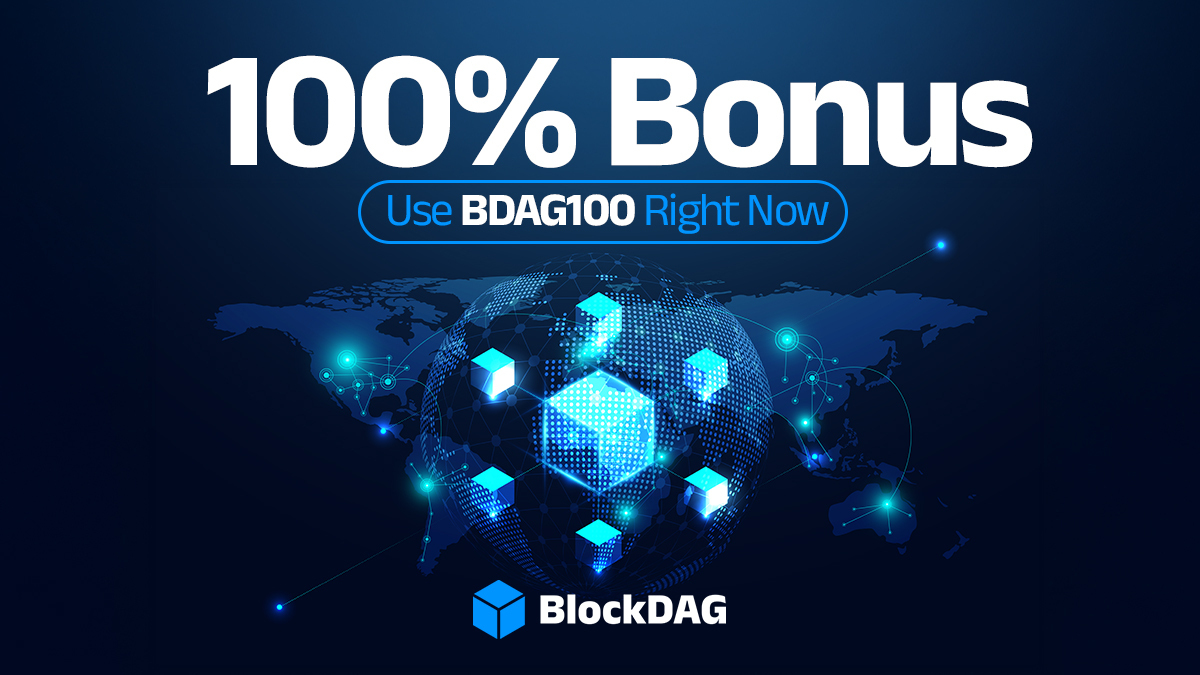- Ex-Ripple CTO Stefan Thomas says he’s working on a new version of Codius, the smart contract hosting protocol that allows more versatility and flexibility.
- One expert says this is a big deal for the XRP Ledger as it allows off-chain smart contract execution and cross-ledger compatibility.
Stefan Thomas, Ripple’s first Chief Technology Officer (CTO), is developing a new version of Codius, the smart contract protocol he developed a decade ago. This could open up new opportunities for the XRP Ledger.
Today, smart contracts are widespread and easier than ever to write and deploy. However, this wasn’t always the case. Back in the early 2010s, these contracts were still in their early stages and quite rigid. Thomas, who was the CTO of Ripple at the time, set out to change this, and Codius was born.
While it initially launched as a Ripple project, Codius soon gained a life of its own. Essentially, it offers a more versatile and flexible approach to deploying smart contracts, which allows them to run on any blockchain, dApp or server. These contracts can also interact with multiple other ledgers and blockchains, besides the one on which they are deployed.
Codius died years ago, but Thomas—now the CEO of Coil—recently revealed that he is working on reviving it.
@Coil is creating a new version of @codiusproject. https://t.co/GtHSoBh3jR pic.twitter.com/8vdoyERC97
— Ian🏴☠️ (@xrplov3) October 24, 2024
Smart contracts have evolved since the days of Codius, and many of the features the team was working on in 2014 can now be found in existing blockchain networks. However, Codius retains some key tech that one expert believes could be vital to the XRP Ledger today.
Stefan Thomas, former @Ripple CTO, announced he’s working on a new version of #Codius – This is huge for the #XRP Ledger ecosystem. Here’s why it’s a big deal: 1/12 🧵
— Max Avery (@realMaxAvery) October 27, 2024
Could Codius Accelerate XRP Ledger Adoption?
In a thread on X, renowned writer and entrepreneur Max Avery revealed that Codius’s unique features include decentralised hosting, which creates a peer-to-peer network for services, built-in billing, which allows programs to pay for their operations and language flexibility, which allows developers to use the language they are most proficient in.
But why does this matter for the XRP Ledger? Well, according to Avery, integrating Codius’ technology would introduce off-chain smart contract execution, which would reduce the load on the XRP Ledger and allow it to continue processing transactions at high speed.
Codius also comes with cross-ledger compatibility, which would allow dApps on the XRP Ledger to interact with those from multiple other blockchains.
“Codius’s blockchain-agnostic approach enhances versatility, enabling complex decentralized applications and cross-chain operations,” he noted.
Other benefits would include flexible smart contracts and a scalable application layer that distributes the computation load.
He added:
“Codius enhances the XRP Ledger ecosystem by providing off-chain smart contract execution, preserving and potentially increasing XRP’s TPS, and opening up new use cases through interoperability. It’s a significant step forward for the XRP Ledger.”
XRP trades at $0.524, gaining 2% in the past day.









